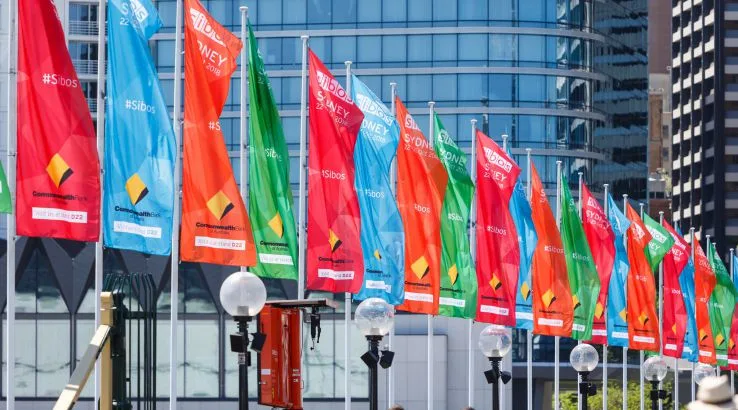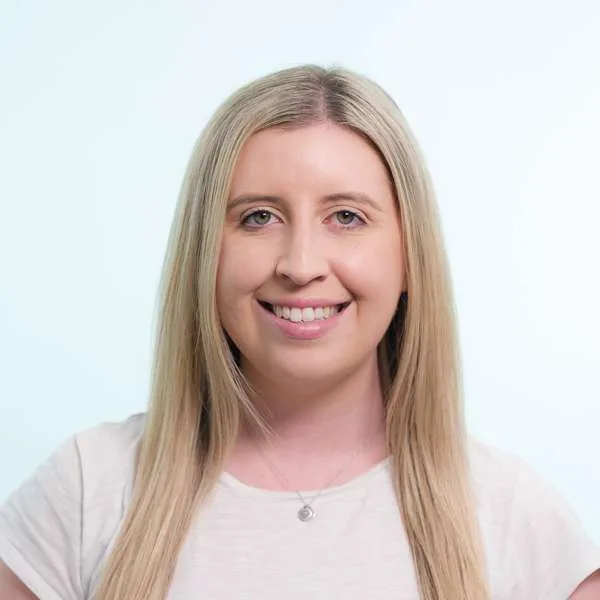Scott Farrell on open banking at Sibos: “It’s not about you”

The lead for Australia’s banking review discusses keeping focus for the new regime.
There was barely even standing room for this particular open banking panel at the Sibos conference in Sydney this week. Speaking to a mixture of business and financial leaders from around the world, the panel had a healthy representative mixture of fintech, bank, government and industry. But it was Scott Farrell, who lead the drafting of the recommendations and the Consumer Data Right policy that were fully accepted by the government to become our soon-to-be Open Banking regime, who would remind the audience and panel what it was all about.
And as he said, it wasn’t the first time that he had to drive the message home.
"It’s a consumer data right. It’s not about you. It’s about the people whose right it is. The policy is driven all the way down and so the idea is Australians have this right. It will go across the entire economy," he said.
"One of the issues I failed again and again in the review is people kept thinking about themselves. It didn’t matter how many times the word 'customer' appeared in the vision statement, I was the only person using it in the meetings. 'What does your customer want?' And the response was 'We want them to want this'. That’s not the result."
Open banking is due to start in Australia on 1 July 2019 and will essentially let Australians control their own data and give them the ability to direct the transfer of information between institutions. The introduction of open banking will be phased, starting with credit card, debit card, transaction and savings account data to be followed by mortgage data in 2020. You can see the full time line for open banking implementation here.
The panel's moderator James Lloyd, Asia-Pacific FinTech Leader – Partner, Corporate Finance Strategy at Ernst & Young challenged Farrell, questioned whether the average person on the street would care about open banking. While Lloyd admitted this challenge was more about playing devil's advocate, there is data to support this. Research from global professional services company Accenture found that out of 2,000 surveyed, 83% were "not aware" or "not sure" about the changes coming to data sharing and two-thirds (66%) were not willing to share their financial data with non-banking companies.
However, Farrell said that people such as himself and Lloyd cannot make that decision.
"The only person that can make that decision are those people," he said.
Farrell also said that he received a number of "confidential and private submissions" from people that were handwritten and posted to him "that were the most authentic submissions I ever got".
"I just know that because I work in a really tall building that it can’t be me that makes a choice for what other people can choose. So I don’t know, but I think it’s worth giving them a shot at it."
Latest headlines
Picture: Shutterstock

